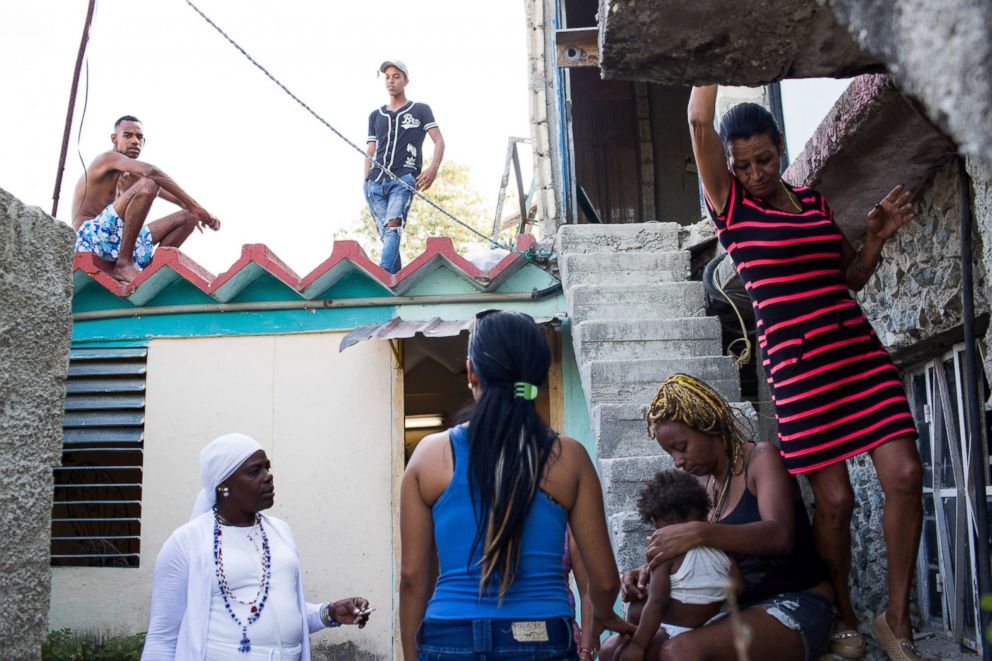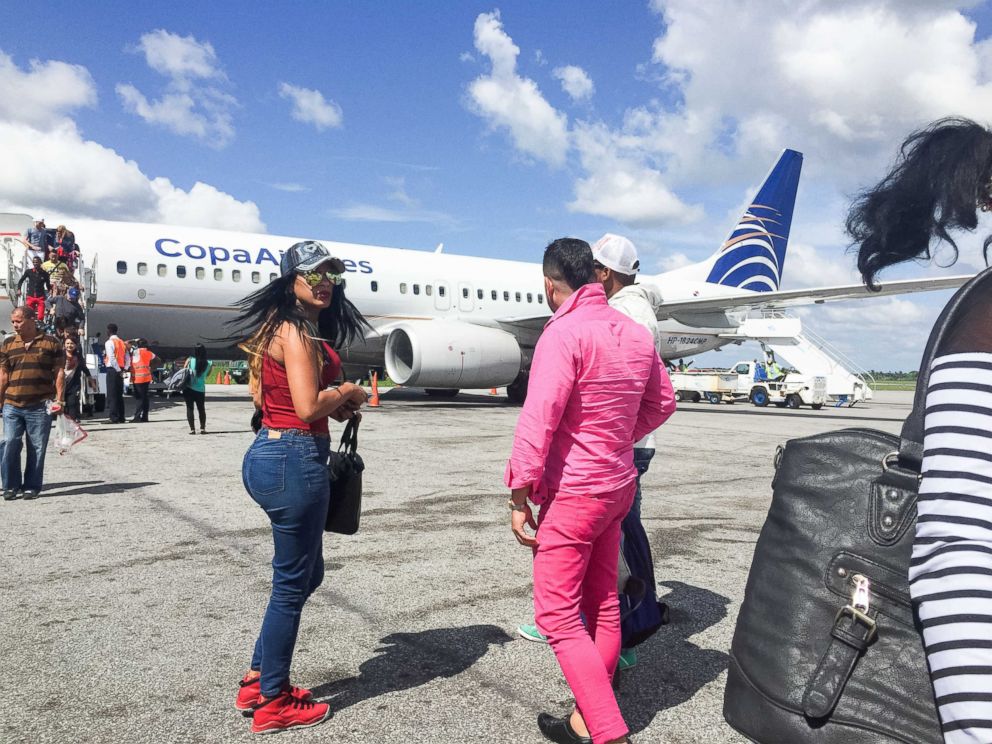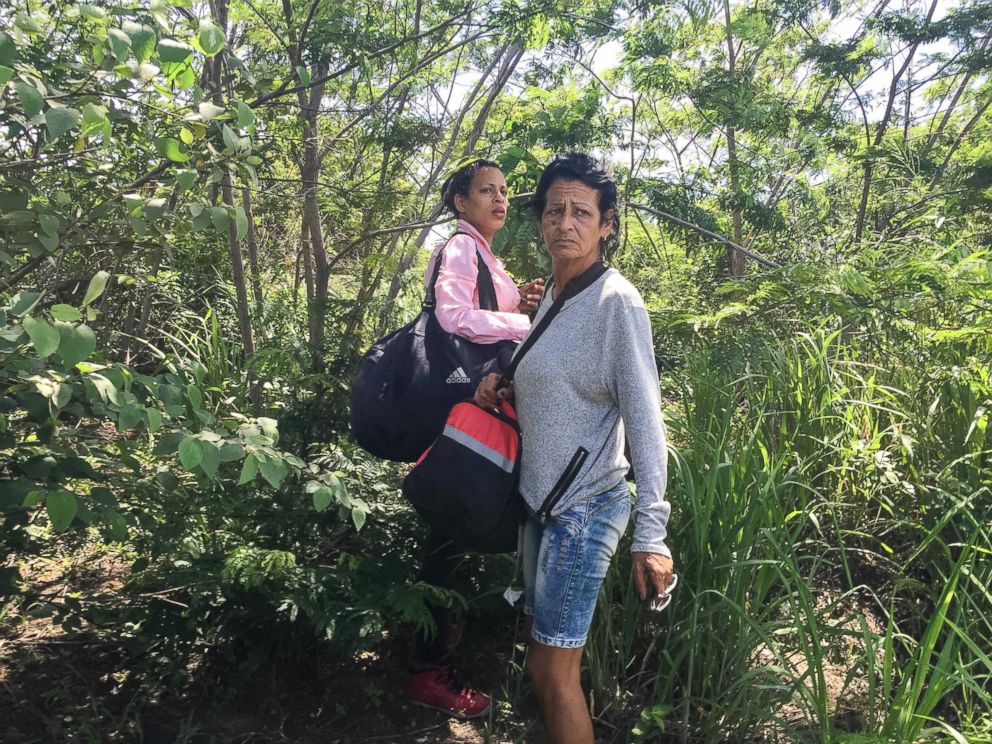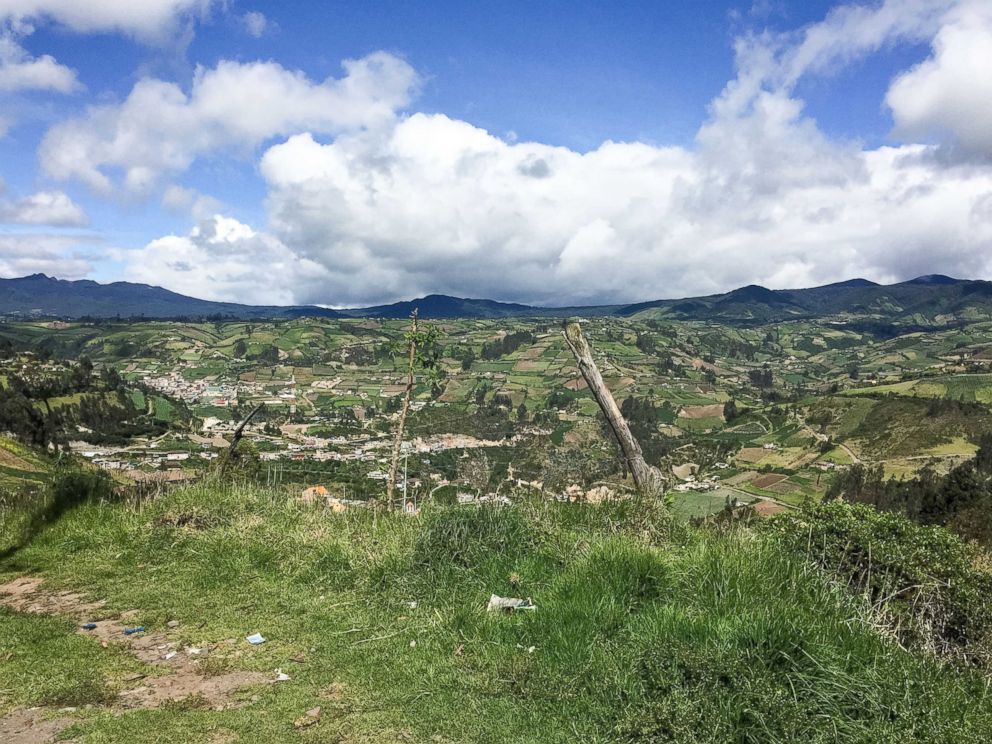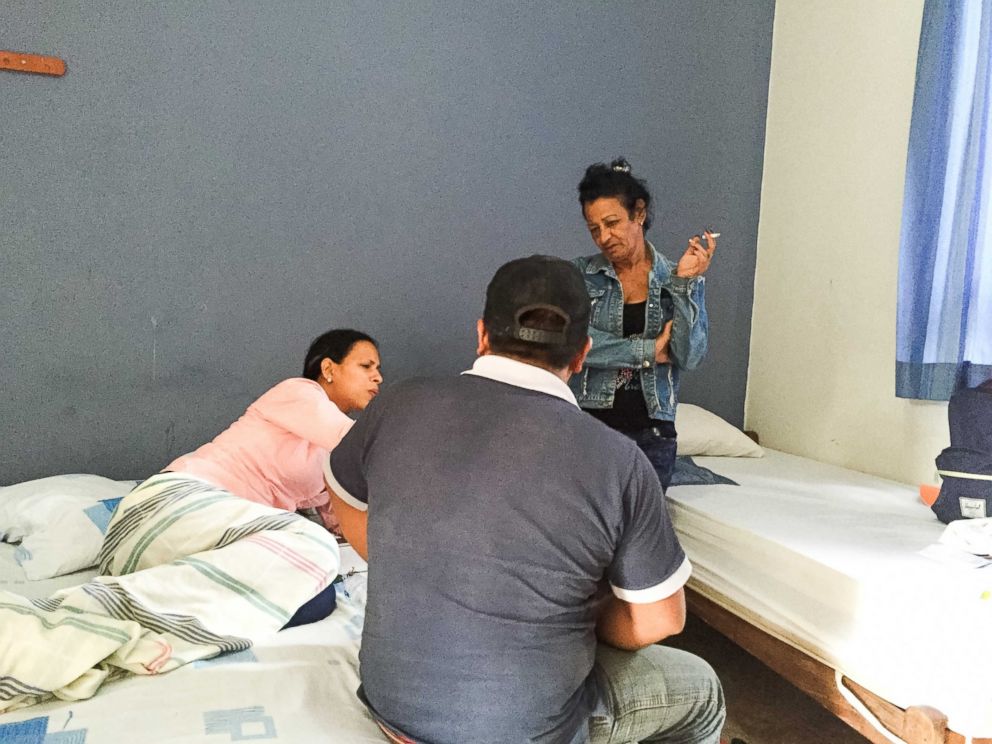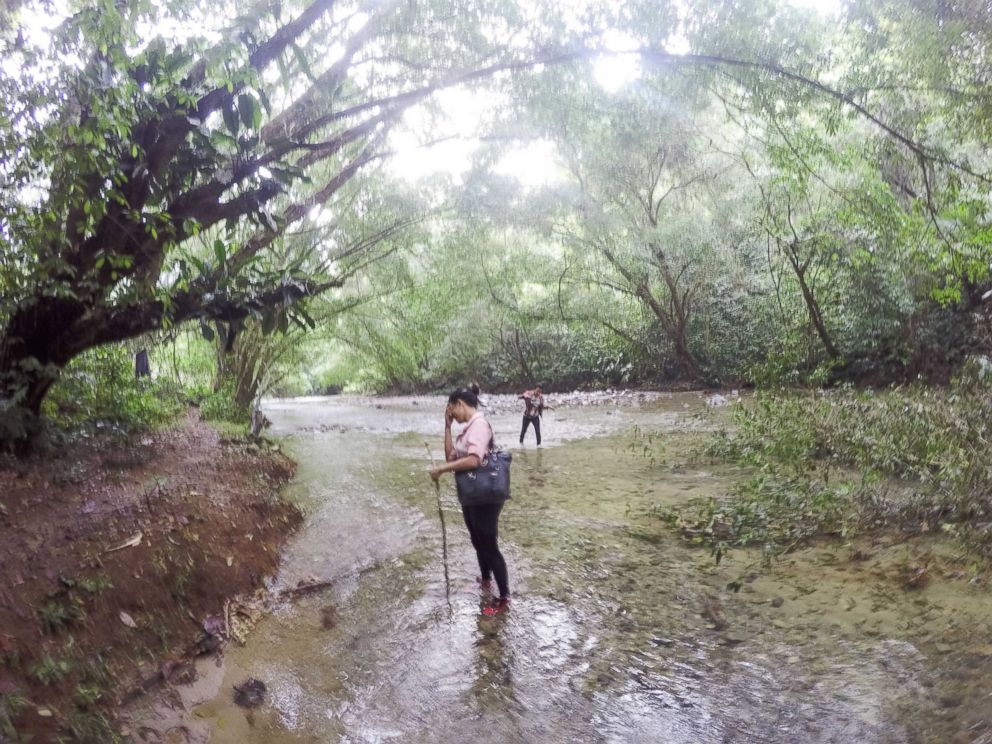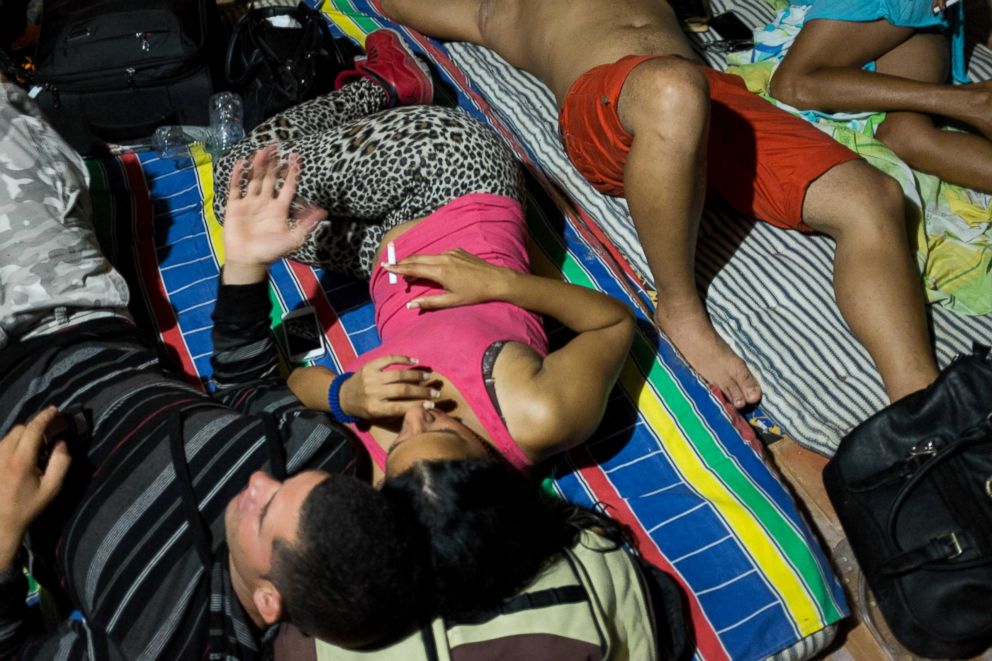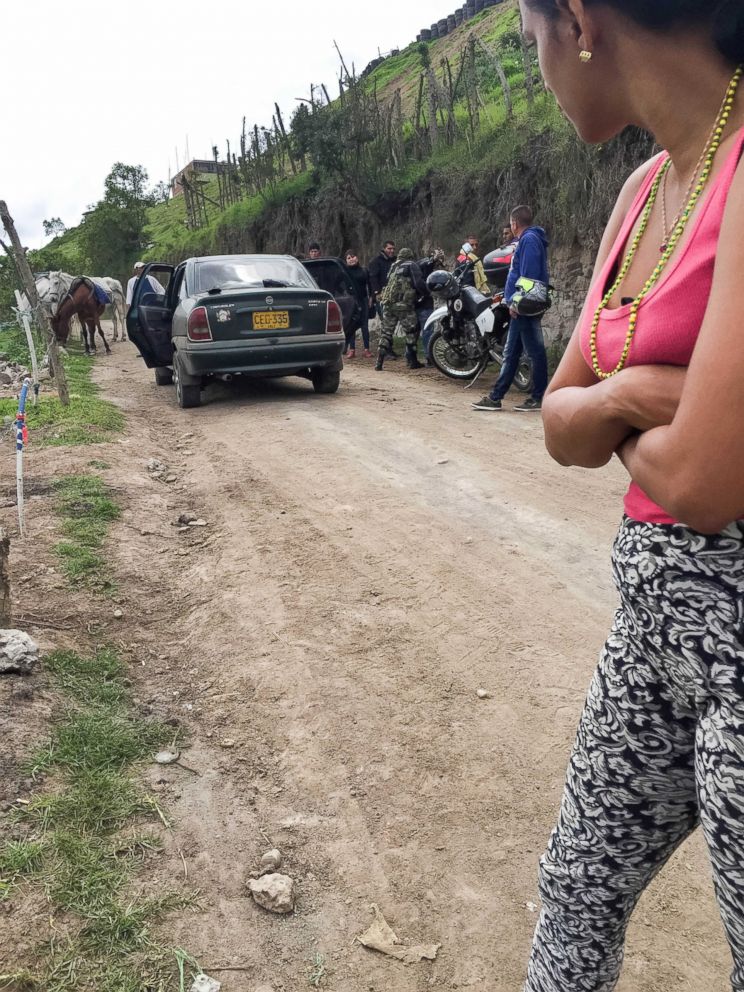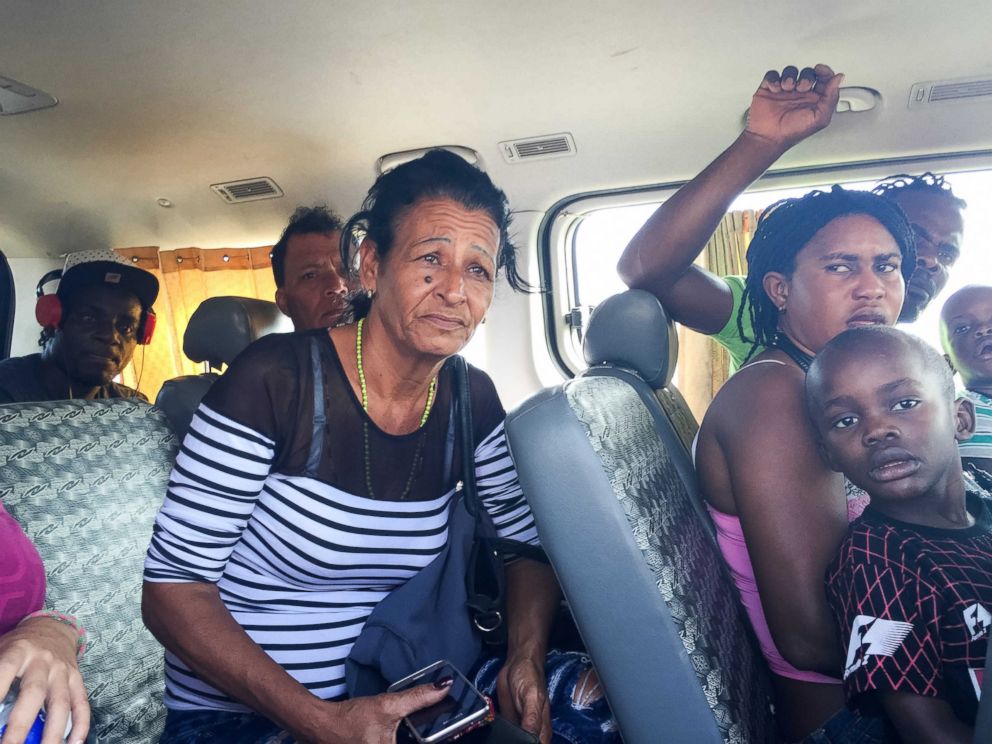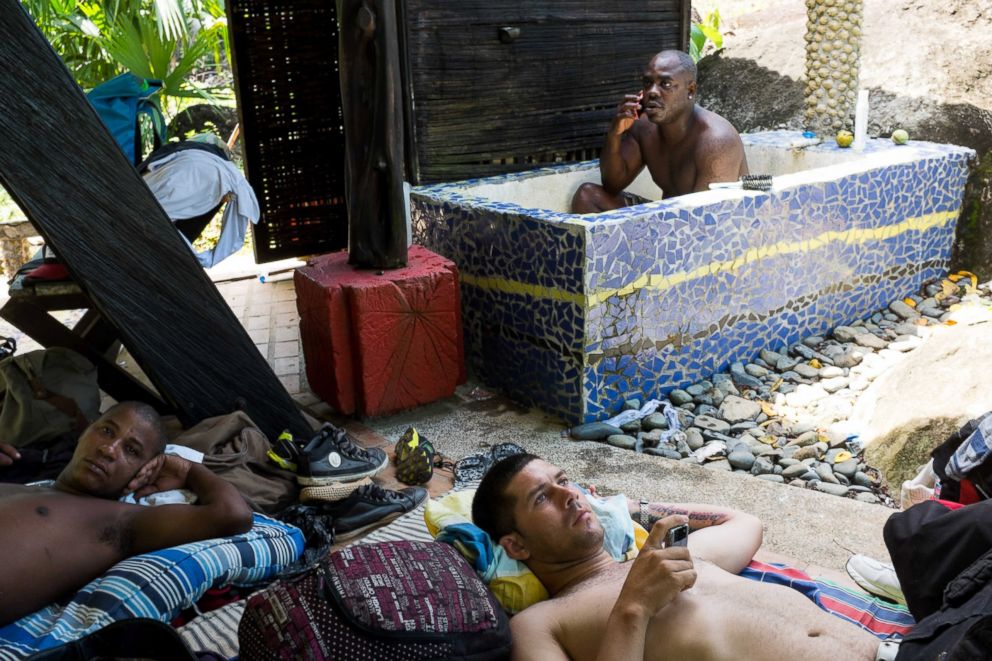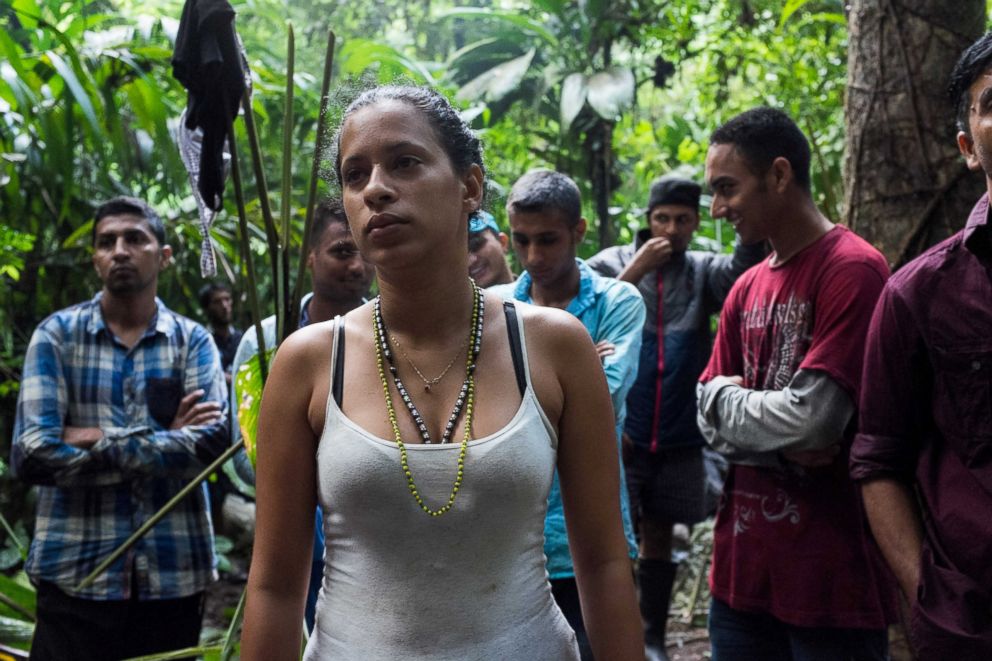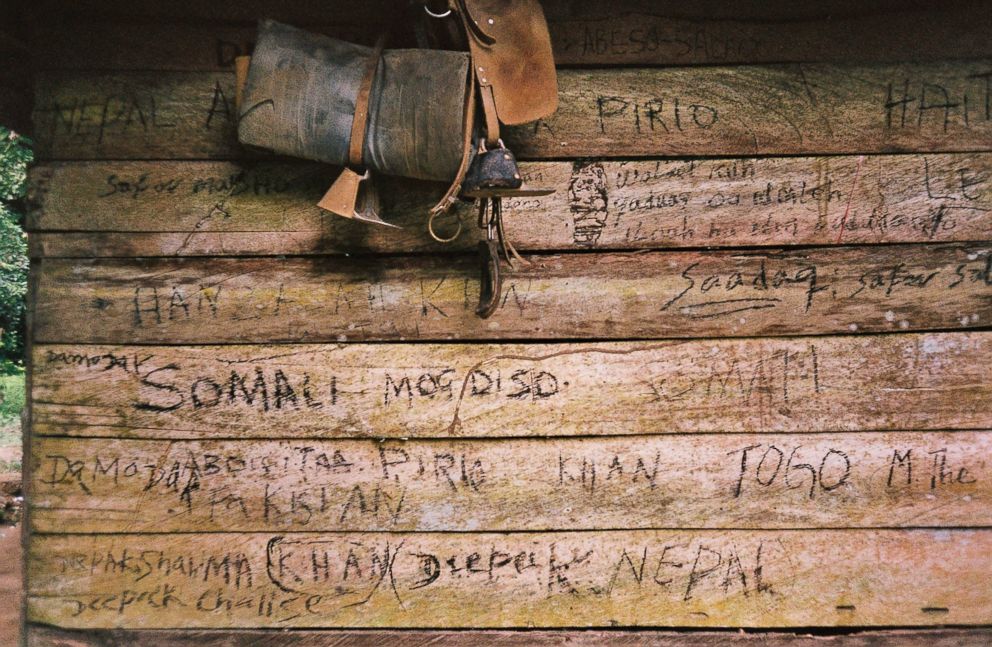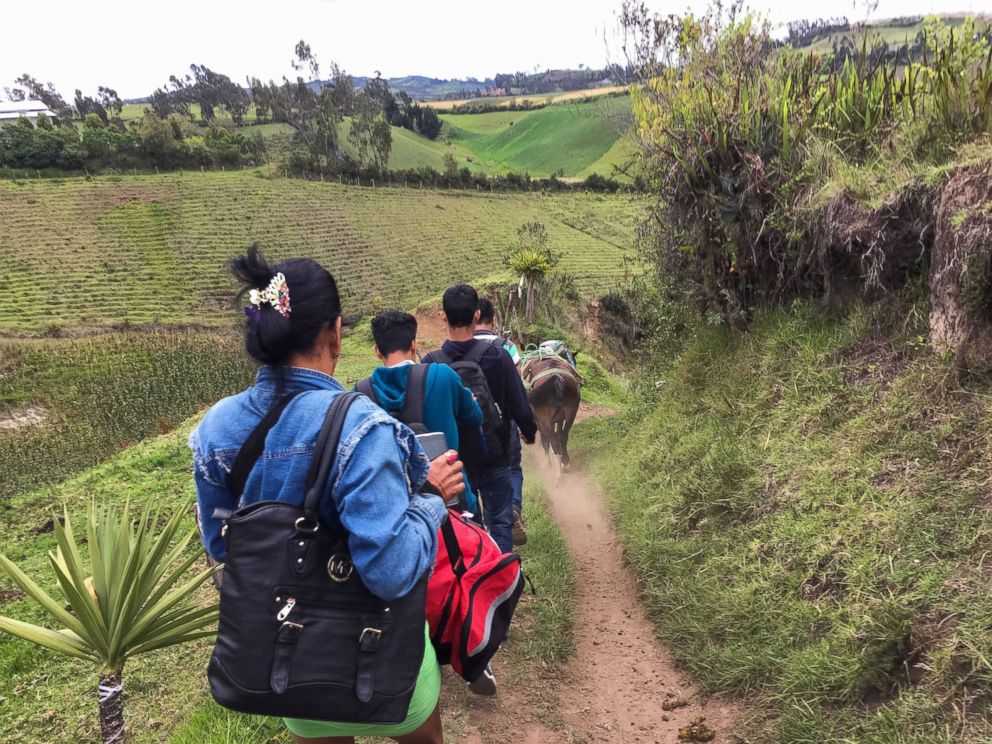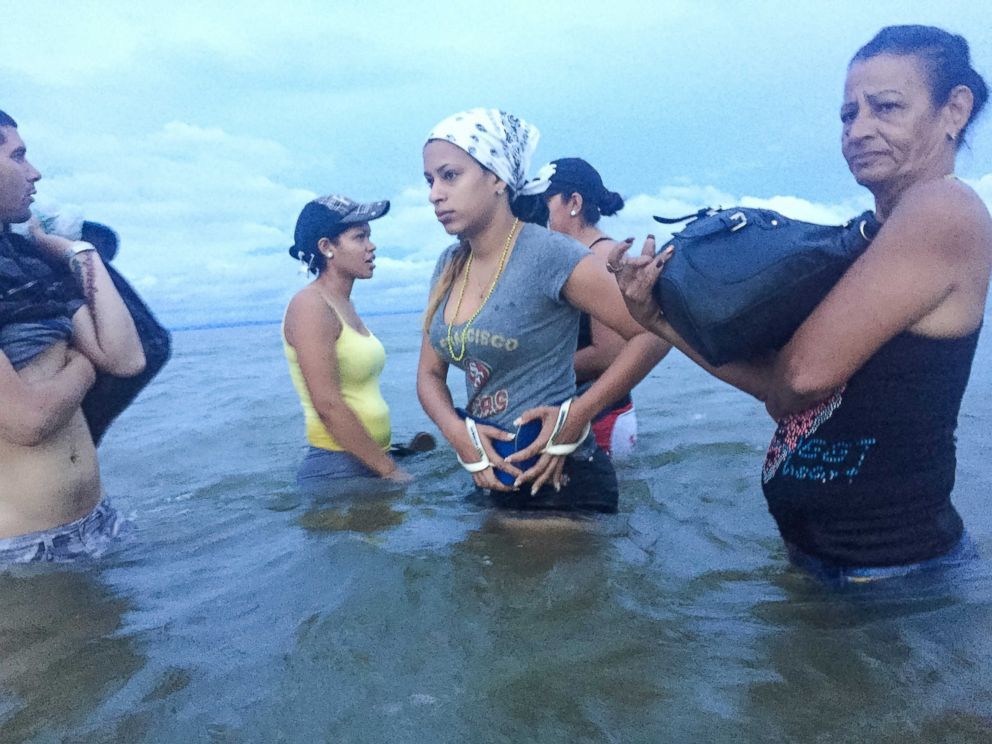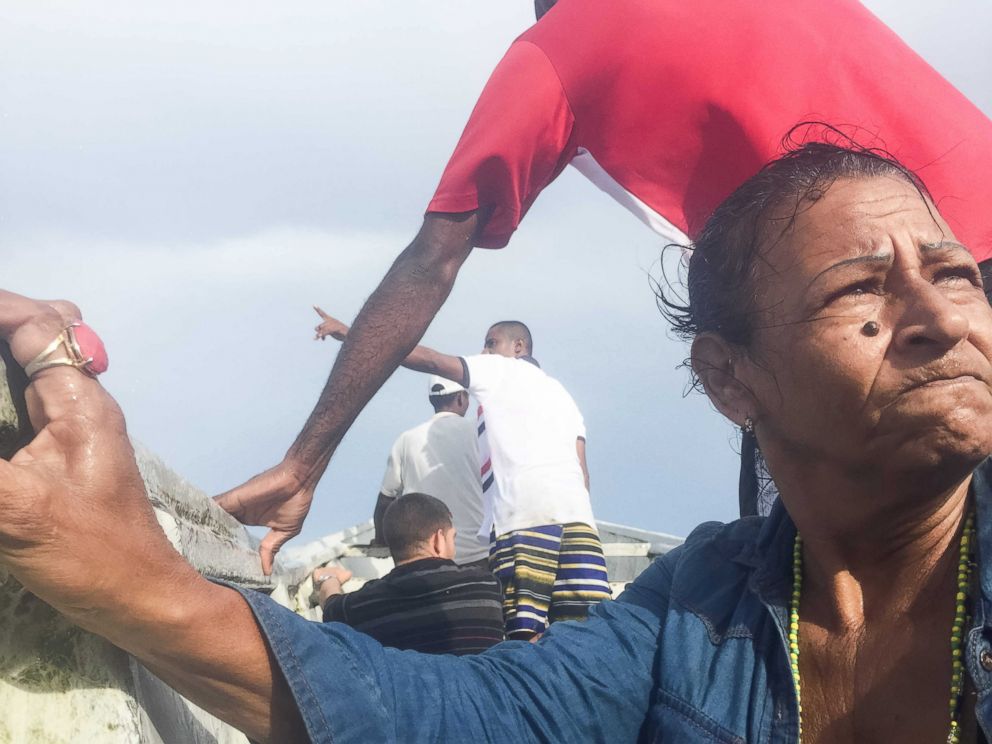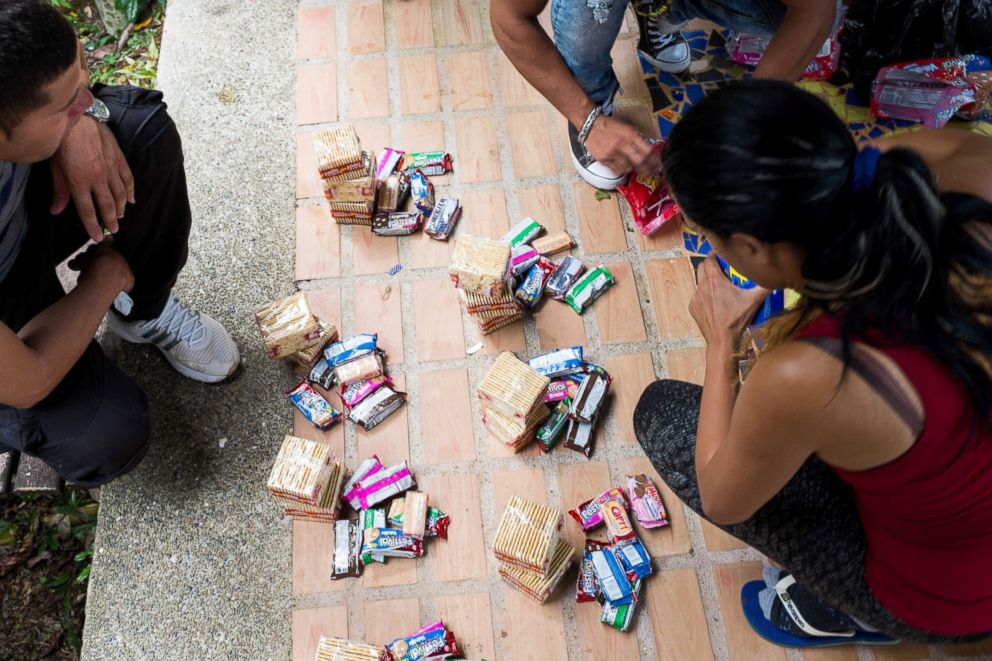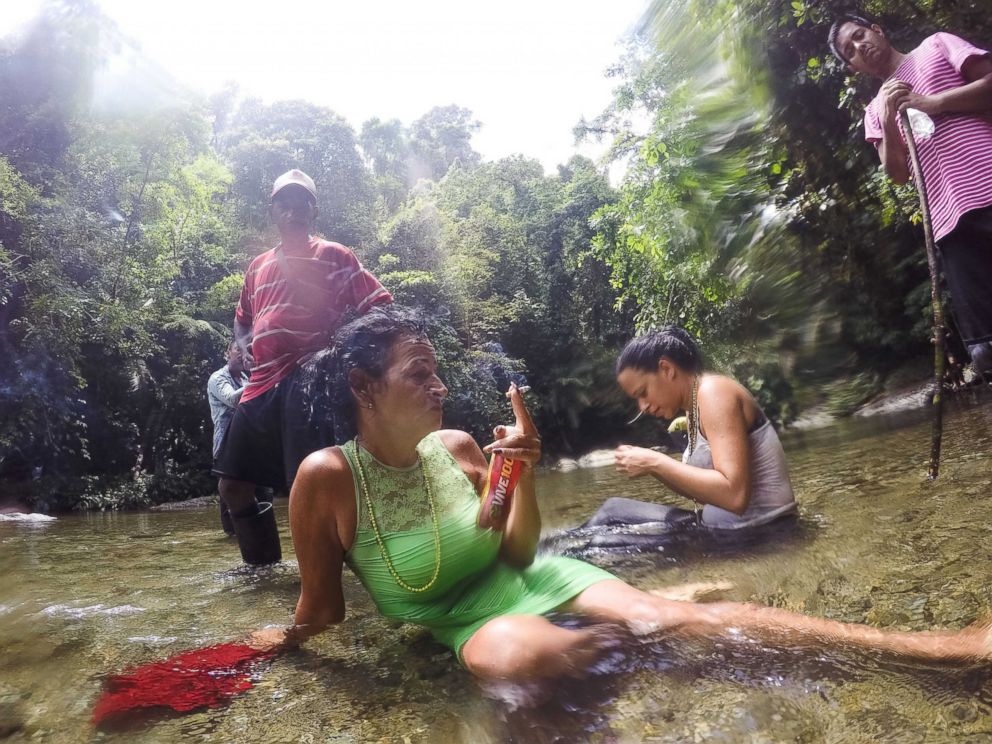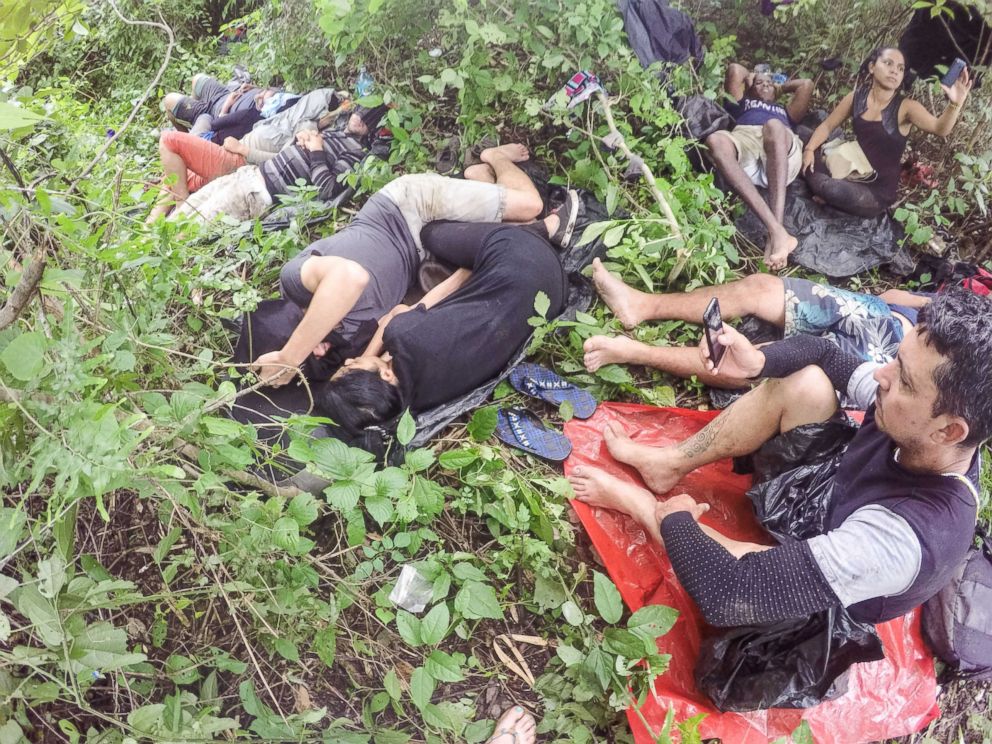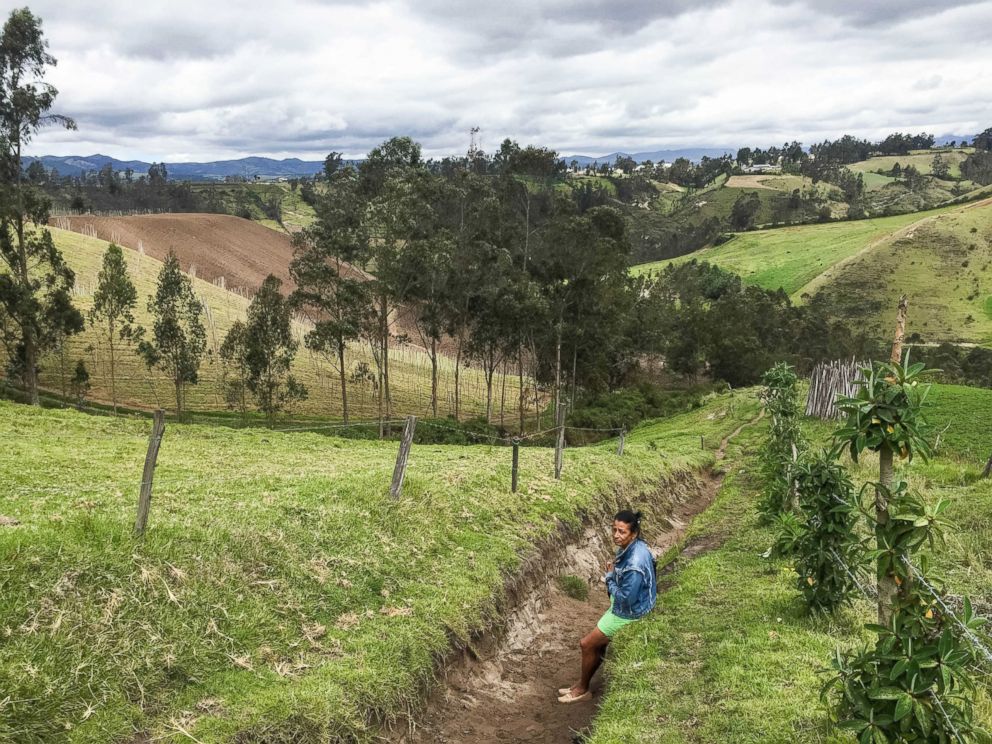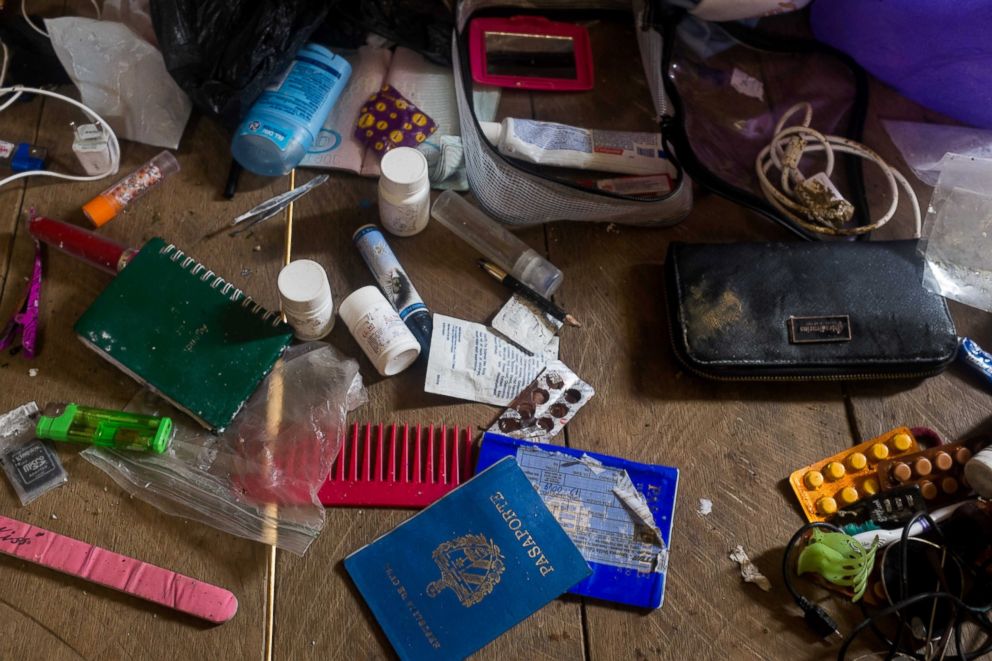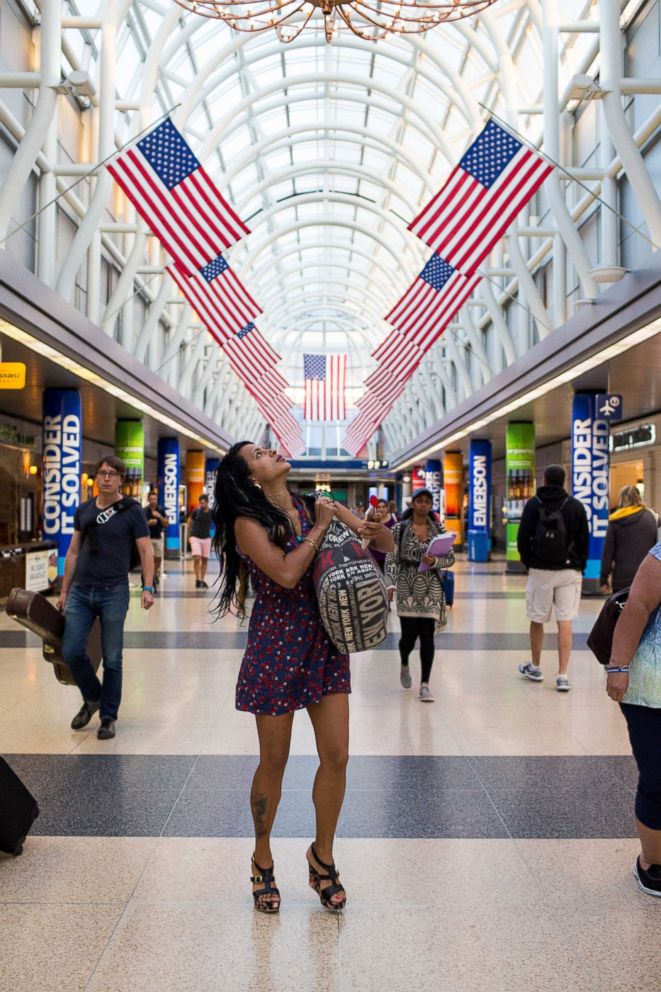48 Days: Photographer captures 8,000-mile journey from Cuba to the US
Two Cuban immigrants crossed 13 borders over 48 days for a new life.
— -- There are currently more than 20 daily flights from the United States to Cuba. The 330-mile trip from Miami takes a little over an hour and helped fill the streets of Cuba with a record number of tourists in 2016.
Although the island nation is evolving to accommodate the growing tourism, the sense of hope is offset by an increasing economic divide. For two Havana women, Marta and Liset, their lives did not improve as they hoped, so they decided to leave.
Photographer Lisette Poole departed with them, documenting the entire 8,000 mile journey as they illegally crossed borders, joined other groups of migrants and navigated the sometimes treacherous world of smugglers, border control and jungle paths used by narco-traffickers.
Departing from Havana in May 2016, Liset and Marta were among the last Cuban immigrants to make it across the U.S. border before the end of the "Wet Foot, Dry Foot" policy that granted automatic asylum to Cuban immigrants. In the slideshow below, Poole documented intimate moments of the arduous journey, while experiencing it first-hand.
48 Days: Photographer captures 8,000 mile journey from Cuba to US
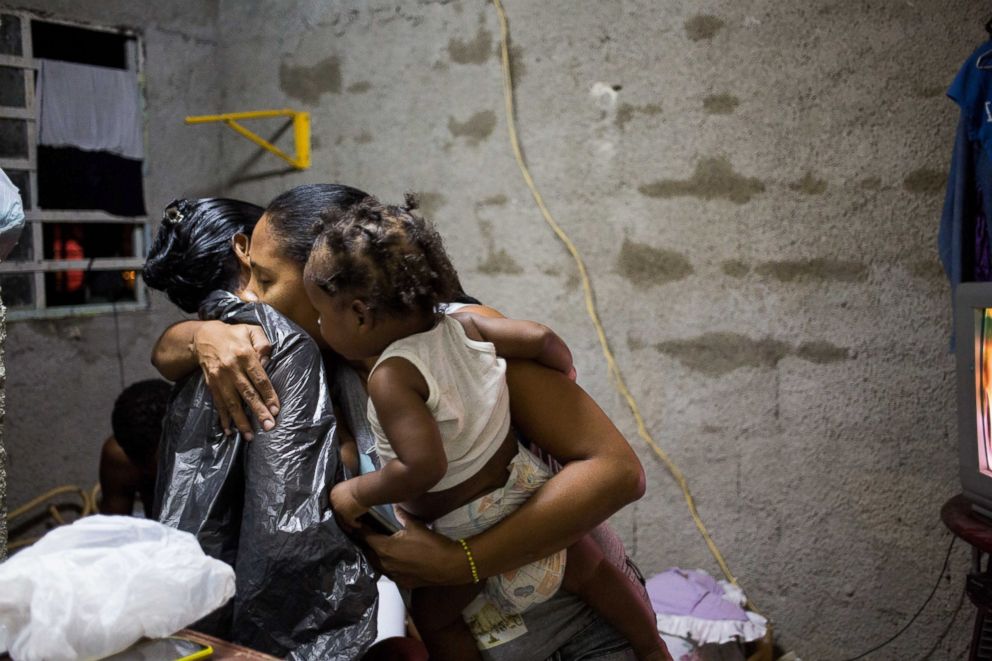
Poole has a personal interest in the women’s journey as a Cuban-American herself. Her mother left for the United States in 1969, and Poole grew up in the U.S. with a constant awareness of the immigration issues that affected her family.
"Living and working in Cuba, I always imagine what kind of life I would have had if I’d been born here," Poole said. "I imagine what kind of person I would be, what my goals would be, and I question whether I’d have the courage to do what Liset and Marta did."
Marta and Liset’s journey began in Havana with a plane ticket and the name of a human smuggler, known as a coyote, scribbled on a piece of paper. After flying to Guyana, the two navigated through South and Central America following routes that many immigrants traveled before them. Poole departed with them, documenting the complete experience as Marta and Liset joined groups of other immigrants, illegally crossed borders and were detained by law enforcement.
The women journeyed on planes and buses, but also traveled many miles by foot. Their route crossed through Brazil and Peru before heading north through Colombia. The ever-changing immigrant group then traversed through the Darien Gap, a roadless jungle swamp on the Panama-Colombia border, and into Central America.
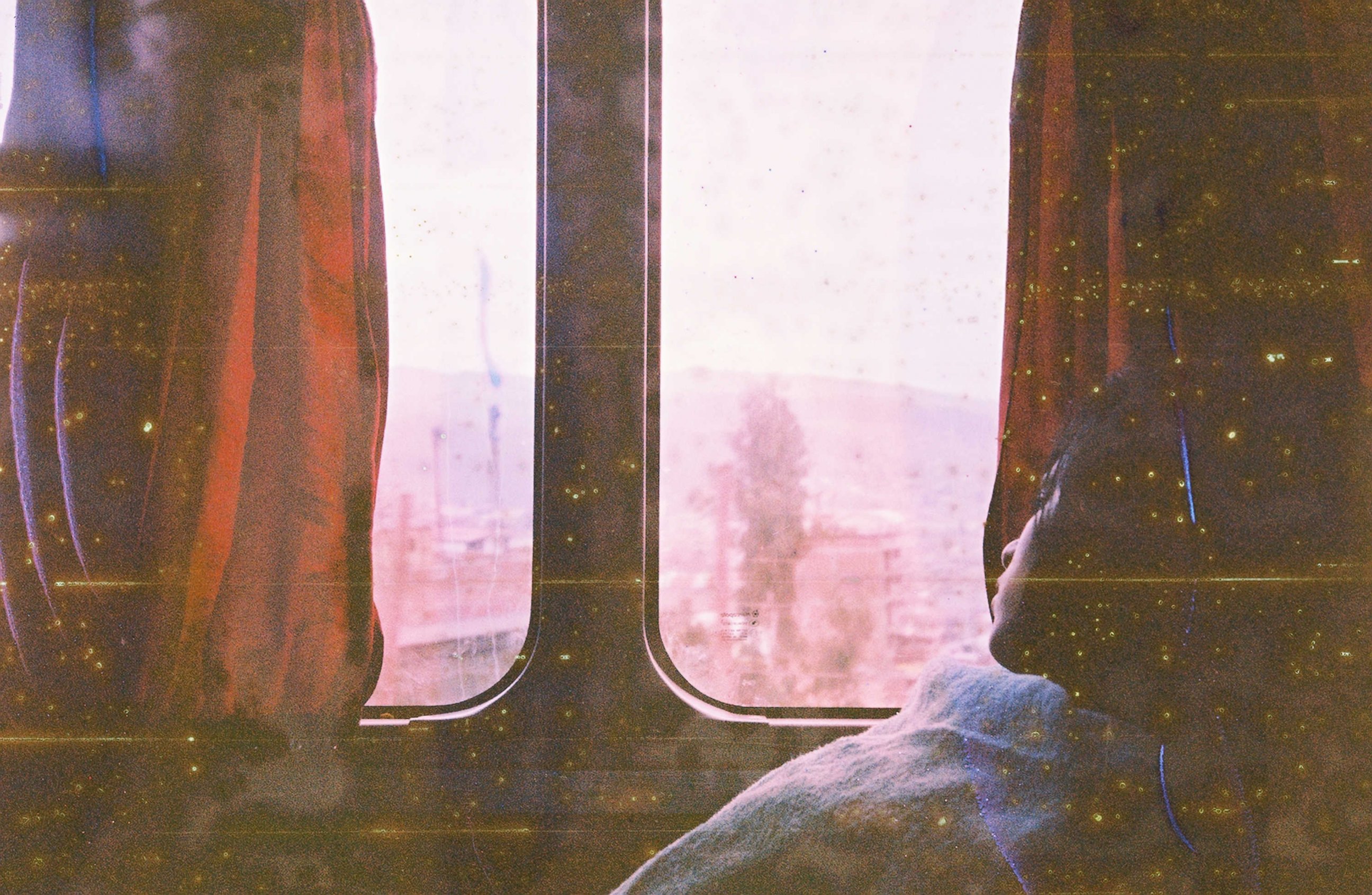
For Poole, the journey was not without incident. In Costa Rica, Marta and Liset had a falling out over money. Liset had been funding their trip and was unable to continue paying for herself as well as Marta. Liset planned to move ahead and send back money for Marta once she could gather more funds.
"At the prospect of being left behind Marta was enraged. (She) fought with Liset and told the men running the stash house that I was a journalist. I’d been keeping quiet there, it was one of the places I didn’t feel safe having the coyotes know who I was," Poole said.
The stash house was a remote shelter where immigrants were housed along the migration routes. Poole was able to talk her way out of the situation and continue on with Liset and other migrants. The two parted ways with Marta, who would end up joining the next group.
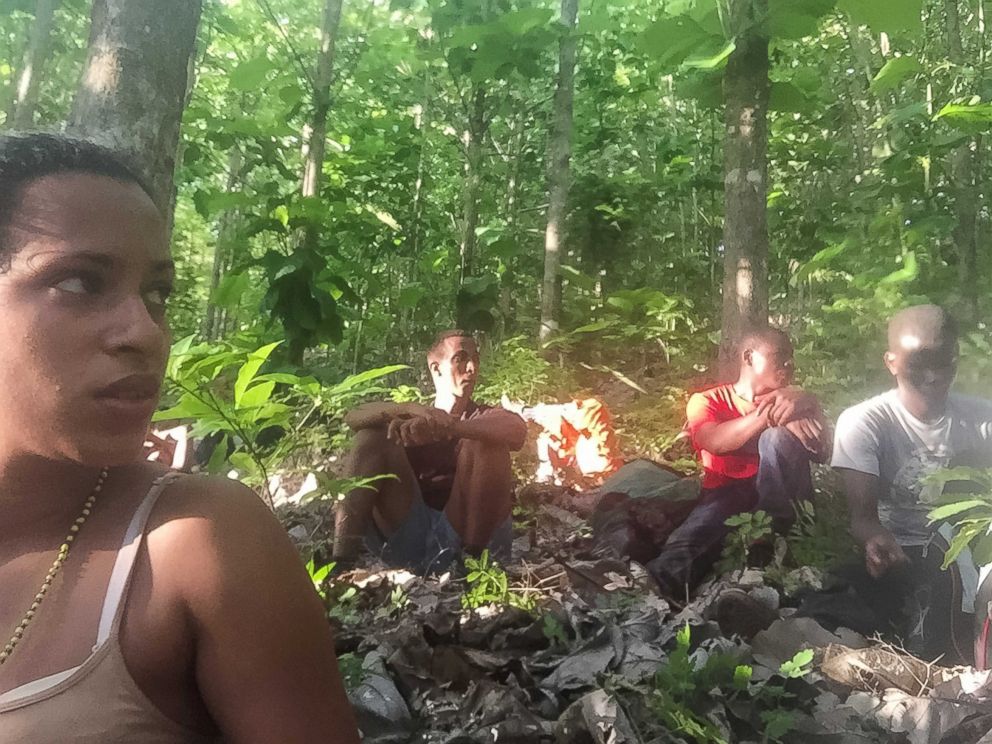
Poole continued on, photographing the resolve and resourcefulness of migrants attempting the journey. Her reportage gracefully blurs the line between straight documentation and personal insight through her experience.
"There was one moment in Nicaragua (after the Costa Rica incident) where we were without food or water or even sleep for a few days," Poole said. "I was getting delirious and so was Liset. We helped each other during that time, and we got through it together."
Poole and Liset crossed the U.S. border into Texas, followed by Marta 12 days later. The two women rekindled their friendship and lived near each other in Miami before moving around to other places in the U.S. Poole has since returned to Cuba, but is continuing her work with Liset and Marta and documenting their new lives.
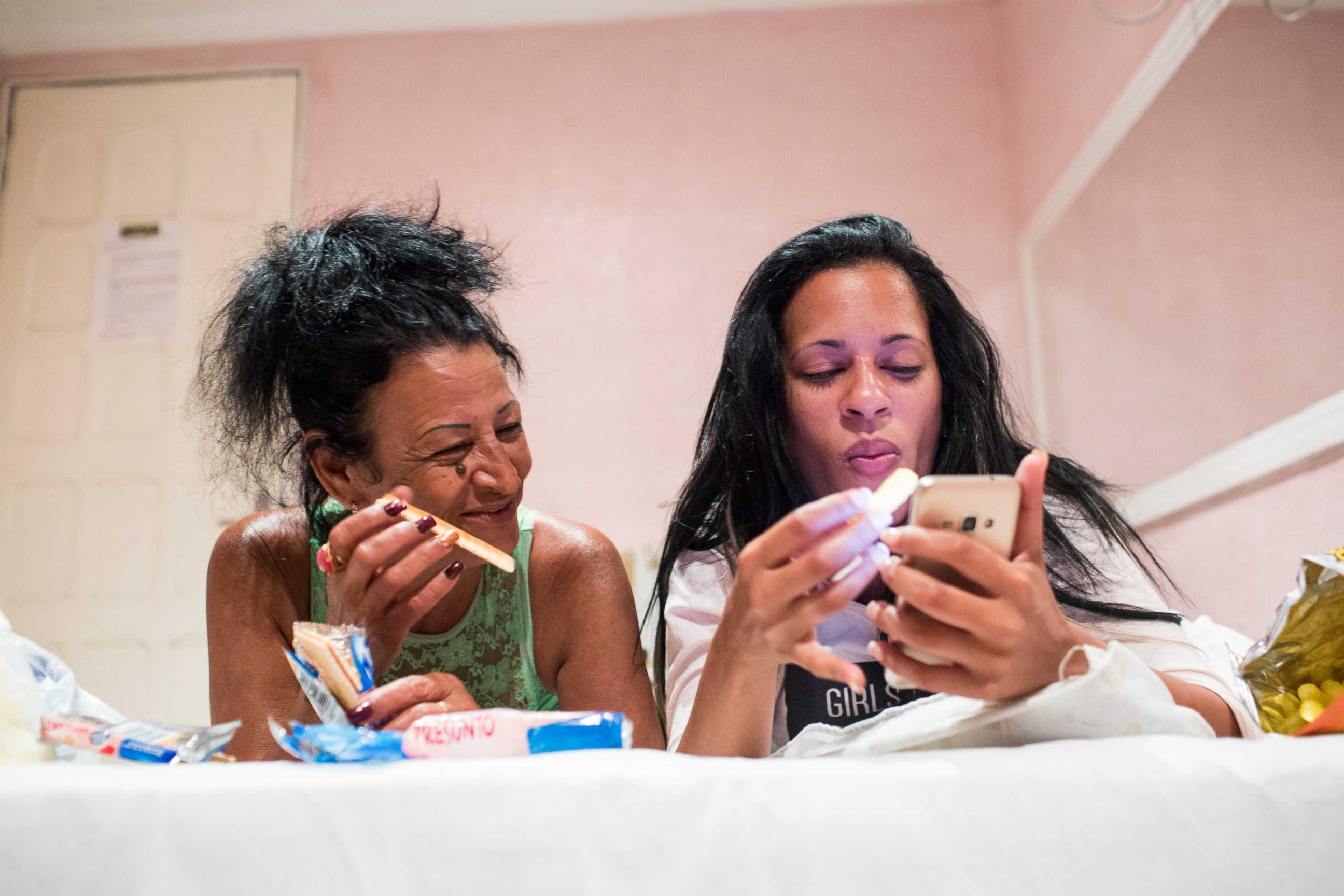
Poole is currently fundraising on Kickstarter to turn the project into a photo book styled as a classic travel guide. More information can be found here.
"I hope that by looking at my work and experiencing the journey of Liset and Marta, readers would relate to them and be able to put themselves in their shoes as two people who wanted a better life," Poole said. "There are significant global issues causing migration and it isn't a matter of personal choice so much as a consequence of greater forces at play."
